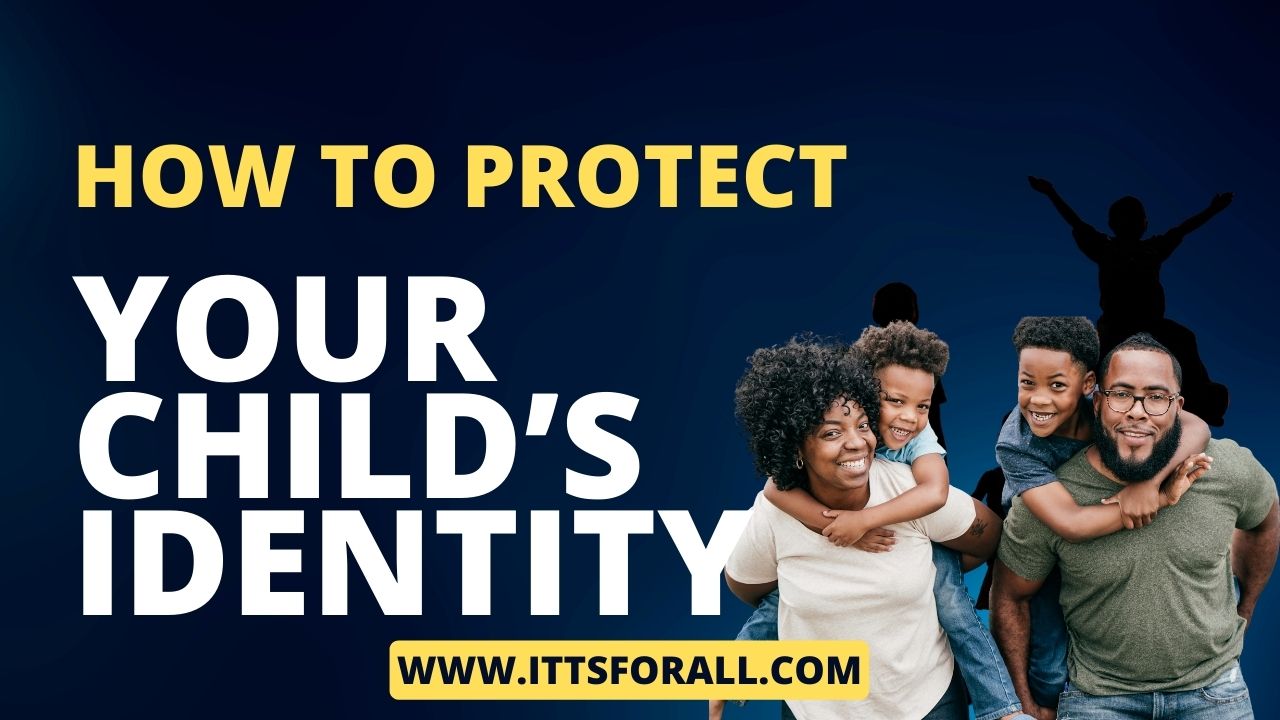Safeguarding Your Child’s Identity
Securing Their Future: A Parent’s Guide to Child Identity Protection in the Digital Age
In today’s digital age, safeguarding our children’s identities is a critical responsibility that often goes overlooked. While identity theft among adults is a well-known concern, the vulnerability of minors to such crimes is even more alarming. Child identity theft can go undetected for extended periods, making it imperative for parents to take proactive measures to protect their children from potential financial and personal repercussions.
Children, unlike adults, are not privy to bank statements, credit card bills, or other financial communications that could serve as red flags for suspicious activity. This lack of awareness allows identity thieves to exploit stolen information for various malicious purposes, such as applying for credit cards, obtaining loans, seeking benefits, or opening bank accounts.
One common scenario involves the discovery of child identity theft when a child’s first student loan application is denied, highlighting the delayed realization of the crime. To mitigate this risk, it is crucial for parents to be vigilant and educate their children on best practices for safeguarding their personal information.
Here are some practical tips to protect your child’s identity:
- Guard the Social Security Number (SSN): Never share your child’s SSN unless absolutely necessary. Even well-meaning individuals can fall victim to data breaches, and even the “last four” digits of the SSN can be exploited by identity thieves.
- Caller ID Awareness: Teach your child about the potential for caller ID spoofing. Instruct them to verify calls from banks or trusted institutions by telling the caller to contact one of the parents and hanging up.
- Email Caution: Advise your children not to give their email address to just anyone. Before registering for online contests or services, ensure they seek permission, as spammers and phishers often target these platforms.
- COPPA Compliance: Inform your children about the Children’s Online Privacy Protection Act (COPPA) and emphasize the importance of providing accurate information when signing up for online accounts. Age requirements are in place to protect them from potential online threats.
- Online Presence Monitoring: While respecting their privacy, openly follow your children’s social media accounts. This encourages responsible online behavior and keeps you informed about their digital activities.
Despite these precautions, identity theft may still occur, often as a result of data breaches. In such cases, swift action is essential. Here are some countermeasures to consider:
- Security Freeze: If you notice suspicious activity, request a security freeze for your child at each of the three national credit bureaus (Experian, TransUnion, and Equifax). This prevents unauthorized access to their credit history and safeguards against fraudulent applications.
- Identity Monitoring: Implement identity monitoring solutions that alert you to any illegal trading of personal information online. Tailor the monitoring to your specific needs and include provisions for your children’s protection.
To stay informed and seek assistance in case of identity crime, consider reaching out to organizations like the Identity Theft Resource Center. Their advisors can provide guidance through toll-free phone support (888.400.5530) or live-chat on their website (idtheftcenter.org).
By staying vigilant and taking proactive steps, you can significantly reduce the risk of child identity theft and ensure a secure digital environment for your family.
Malwarebytes and Bitdefender don’t just report on threats, but they do adhere to their promises by removing the threats.
Cybersecurity risks should never spread beyond a headline. Keep threats off your devices by


